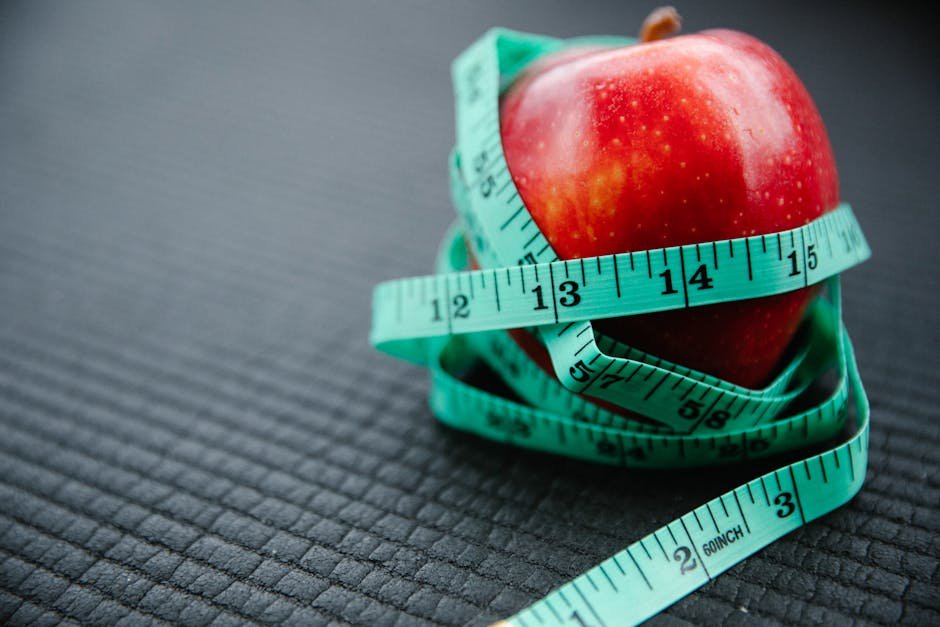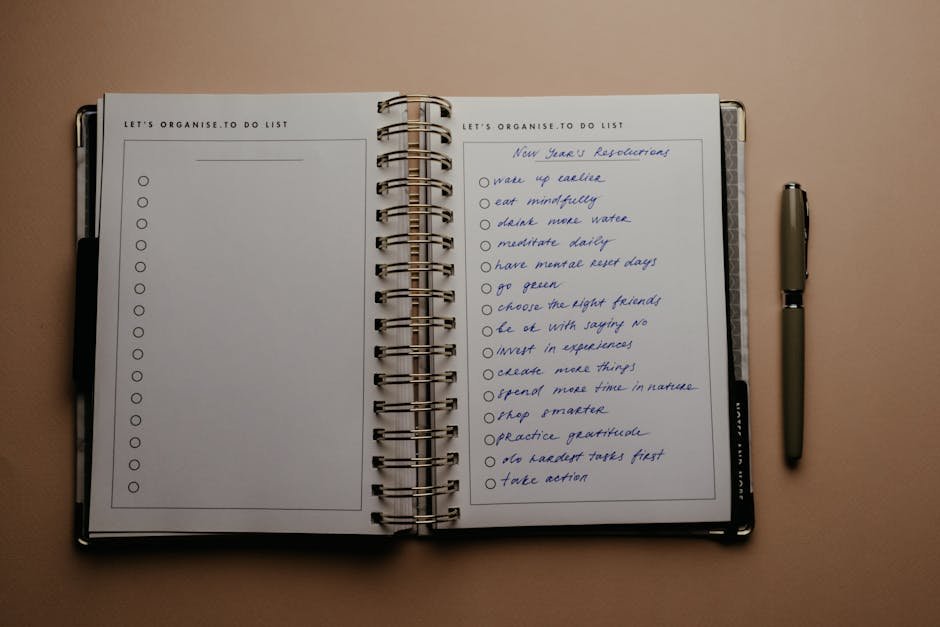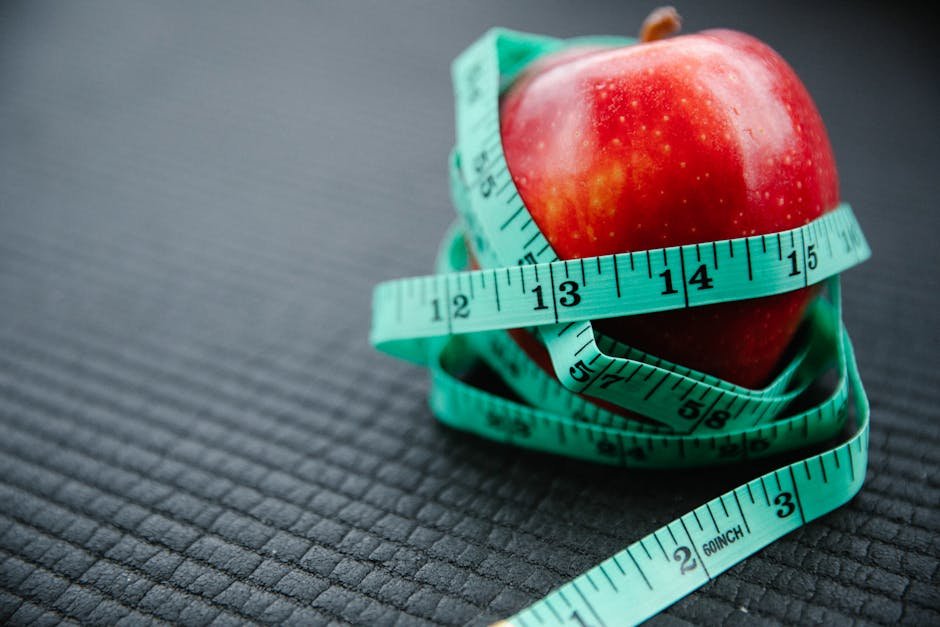Transforming your life doesn’t always necessitate sweeping changes or radical lifestyle shifts. Most of the time, it’s the consistent, small actions—micro habits—that form the basis of lasting change. The course of my life is now on a different trajectory thanks to 10 simple micro habits I’ve adopted over the past 30 days. These small changes are easy to integrate into anyone’s daily routine and are now part of mine. They hold the promise of revolutionizing my future. Here’s a description of these habits, a look at why they’re effective, and an invitation to integrate them into your own life for meaningful change.
1. Start Every Morning With a Power Posture
One of the earliest micro habits I accepted was taking up a “power posture” every morning. This entails standing or sitting with your chest out, shoulders back, and head held high for just two minutes. Psychology research shows that power postures can boost confidence and lower stress by affecting hormone levels like cortisol and testosterone. This simple physical stance, taken first thing in the morning, sent a clear message to my brain and body that I was strong and ready to take on whatever challenges the day ahead might hold.
How to apply: Prior to leaving your bed or commencing your day, position yourself in front of a mirror and maintain your posture for 2 minutes while you take deep, cleansing breaths. This not only energizes you but also helps set the stage for a successful day.

2. Practice the 2-Minute Gratitude Text
Sending a brief message of appreciation each day to someone who has made a positive difference in my life has made me a much more grateful person. I go to bed every night thinking of three people for whom I am grateful. I wake up each morning and send one of the three a message of gratitude. What’s nice about texting is that you can do it very quickly, and it always feels good.
How to apply: Choose a different individual every day and send them a brief message expressing your gratitude for something they did or simply for being part of your life. Try to keep it under two minutes.
3. Follow the One-Thing Reset Rule
When I felt overwhelmed or waylaid, I used the One-Thing Reset Rule: Identify one little thing you can do right now to get back on track. This technique helped me dodge procrastination and regain my focus fast without having to fret over every little thing.
Method of application: At any time you feeling diverted or you are about to succumb to the spell of too many demands, stop and put this question to yourself: “What is one small thing I could do right now that would make a dent in this situation?” The answer might be simply to focus on the next thing, as in, “Finish this sentence and then take a moment to plan what’s next.” Whatever the answer is, make it your singular focus for the moment.
4. Try One-Breath Meditation Before Decisions
Prior to making any decision—regardless of how insignificant it might seem—I would take one deep breath and center myself. This micro habit served to slow down the impulsive reactions that can occur in the heat of the moment. I am now better at thinking clearly and more calmly in tight spots. Even a single breath can serve to interrupt stress or anxiety cycles.
Application process: For each decision you face, take a second to hit the pause button. Inhale deeply through your nose for a count of four. Hold the air in for a count of two. Exhale slowly. Enjoy the calm.
5. Read One Paragraph of Something New Daily
Gaining knowledge sometimes seems like a huge task. Yet I began it in a modest way: with just one paragraph a day from a book, article, or paper that was on a subject unfamiliar to me. This simple habit sparked curiosity and gradually built a learning mindset without overwhelming my schedule.
Method of application: Select a book or article and pledge to read one paragraph every day. In the long run, these minute servings culminate in significant education.

6. Turn Your Password Into a Mantra
While passwords are essential, they can be quite boring. I took the opportunity to make mine something that I felt was inherently more interesting. Instead of a password, I had a password phrase, to which I added an unusual word and transformed the rest of the phrase (come on, it was a simple matter of rephrasing in the active voice, okay?) into a near-miss positive affirmation.
Applying: Transform a common-use password into a phrase that inspires or motivates you, such as “IAmCapable2025!” Make it part of your self-talk. Say it to yourself silently when you enter it. How to apply: Change a frequently used password into a phrase that inspires or motivates you, such as “IAmCapable2025!” Repeat it silently to yourself when you enter it.
7. Drink One Glass of Water Before Every Meal
The water we drink affects our energy and digestion and even our overall health—and yet it’s utterly forgettable. My way of remembering was to drink a glass before every meal, which is spaced throughout my day in such a way that I use it as a prompt to drink a glass more frequently. This habit improved my digestion, reduced my overconsumption, and made my daily water intake feel like part of the meal.
Applying this rule: Drink a glass of water before sitting down to eat. No exceptions. Make this rule apply all day, every day.
8. Do One Body Stretch After Sitting for an Hour
Being sedentary for extended periods can lead to feelings of fatigue and stiffness. I now incorporate a micro habit of standing and stretching for just one minute after every hour of sitting. It makes a significant reduction in muscle tension and is an efficiency booster for my metabolism. I also pay better attention to tasks after I’ve stretched.
Application process: Establish a system of timers or reminders to notify you to stop all activity and stand in a vertical position while stretching the neck, back, and legs for a duration of 60 seconds. This should happen at least once every hour during work or study.
9. Write One Sentence About Your Day Before Bed
Daily reflection helps to establish an atmosphere of mingled mindfulness and gratitude. Each night, I write a single sentence in my journal about the highlight of my day or something I’ve learned. This little shibboleth of a ritual—I still feel awkward at times when writing a gratitude journal; I don’t know why—has fostered a consistency of positivity in my life that’s translated directly to helping me sleep.
Method of application: Maintain a notebook or a phone app for note-taking next to your bed. Every night, write a single-sentence summary of the best moment or most significant lesson you learned that day.
10. Smile at Yourself in the Mirror Each Morning
Being kind and loving to oneself is necessary, but too often overlooked and neglected. I made it a daily practice in my life to smile at myself in the mirror each morning, as a way of saying to myself that I am kind and accepting of who I am. This sort of action, which is nearly brainless but nonetheless powerful, has improved my mood and self-esteem.

Steps for applying the technique:
1. Brush your teeth or wash your face.
2. Look into the mirror.
3. Smile for 10 seconds.
4. Make it a loving, genuine smile.
Why Micro Habits Work
The reason micro habits work so well is that they are:
- Take little effort to start and maintain: They are simple and, therefore, easy to begin and keep going.
Create positive reinforcement that guarantees consistent actions by generating small wins.
- Lower mental barrier: They reduce the resistance to forming the habit.
- Stacking is well: These habits can be combined or “stacked” onto existing routines.
Small beneficial modifications usually have a cascading effect and lead to larger improvements in lifestyle.
How to Start Your Own 30-Day Micro Habit Challenge
Efficiently taking on micro habits:
- Select a routine: Begin with a couple of minor movements from the inventory or come up with your own. Choose a clear context and stick to it. It’s helpful to use an existing daily structure as a prompt.
- Provide unambiguous signals. Link the behavior to a particular hour or happening (e.g., just after you have opened your eyes to greet the day).
- Monitor advancement: Maintain either a log or a tracking application for your habits to keep the fire of motivation alight.
- Maintain consistency: Prioritize the idea of unwavering repetition over the delusion of flawless execution.
- Weekly reflection: Evaluate the effect of the habit on your life; make modifications as necessary.
- Introduce new habits little by little: After the initial habit has become second nature, introduce a second one.
Final Thoughts
The past 30 days held a transformative power that directly correlated with the minutes and hours contained in them. Ten micro habits made my march through those 30 days less difficult and far more meaningful. They were, for me at least, almost microscopic in the amount of effort required, yet the changes they prompted felt profound. Micro habits are, to me, the new form of compound interest. They are easy to do and easy not to do. They are a fascinating intersection of willpower and choice architecture.

